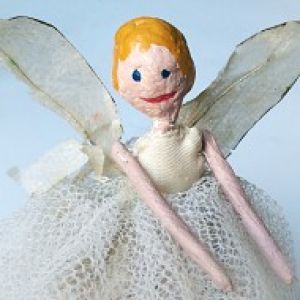People's Palace
Elsa's school held their prize-giving ceremony this evening at The People's Palace at Queen Mary University. Board members of QMUL are also members of the Board of Trustees of St Paul's Way and it is a core and critical connection. A few years before Elsa started here, the school was failing, sitting in the middle of a dodgy estate, practically ungovernable and ruled by disillusioned and mutinous teaching staff furious at how the school was being managed.
Now in a new building and with a fantastic head and teaching staff, it's a flagship school in the borough - deemed outstanding by OFSTED last year and then this year becoming a national teaching school. It's an amazing turnaround and it's great to be part of a school with such huge ambitions for its' kids.
Many of the children who attend St Paul's Way are from very deprived backgrounds and part of families who've never had a family member at university. So it's an inspired and important choice to hold the annual prize-giving at Queen Mary, our local university and itself now one of the country's top universities.
By visiting like this and being part of the place, the children and we, their parents see that we can belong in this world - suddenly it's within reach and the gowns and the organ music hopefully become inspiring not intimidating. Elsa didn't get a prize but she escorted Professor John Wass - a renowned hormone specialist (oh boy I wish I'd got to speak to him properly!) in the procession. I could see she was impressed and proud to be part of it all.
It seems so appropriate that the ceremony is held in The People's Palace and the reception afterwards held in the Octagon. The original People's Palace was built in the 1880s as a place of education and entertainment for the impoverished people of the East End. It included Winter and Summer Gardens, a concert hall, swimming baths, a gymnasium, trade and technical colleges and this place, the only remaining original building - the Octagon Library.
Then as now, books lined the walls and then just as now, the library was filled with local people. In the 1890s they came to better themselves in what were strictly silent surroundings - apparently there was even a side room for teenage boys who tended to chat or scrape their chairs! Books were retrieved by the all-women staff using an elaborate system of pulleys and cables and the library was kept open seven days a week so people could visit on Sunday, their only day off. Apparently the most commonly read book alongside the periodicals and newspapers was All Sorts and Conditions of Men by Walter Besant - a treatise on the harsh living conditions in the East End at the time.
Busts of famous writers still line the walls and the names of Greek philosophers shine out in gold leaf on the restored domed ceiling. It's a really impressive and inspiring room and must have been an incredible public facility in the midst of such extreme poverty and hardship. Today it seems to me to be having a renaissance as a place of inspiration even if not as a working library, for yet another generation of aspiring Eastenders with an eye on a brighter future.

Comments
Sign in or get an account to comment.


